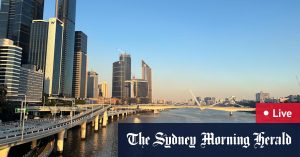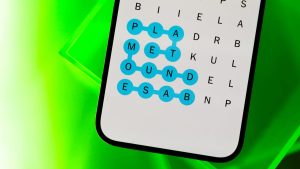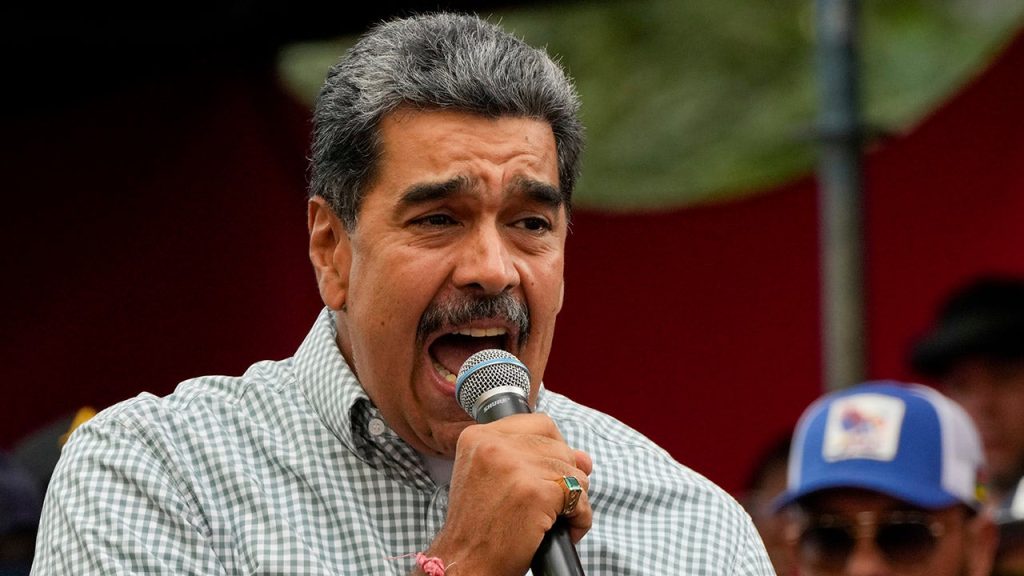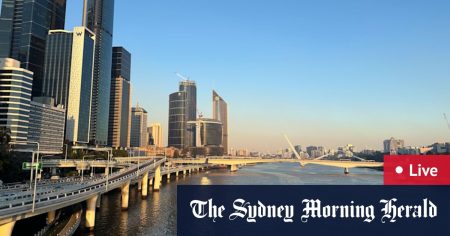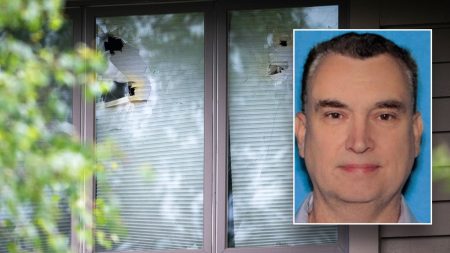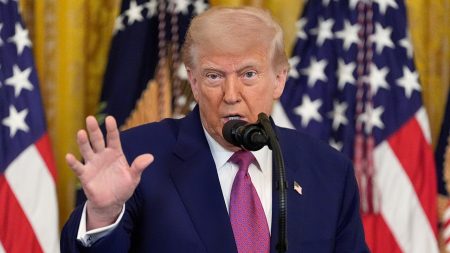The political landscape in Venezuela remains turbulent, marked by accusations of terrorism, contested elections, and international concern over the detention of two American citizens. President Nicolás Maduro, poised to begin his third term amidst widespread allegations of electoral fraud, announced the arrest of seven individuals, including two Americans he labeled “mercenaries” involved in a purported terrorist plot. Maduro provided no evidence to substantiate these claims, further fueling international skepticism about his government’s actions. This incident adds to the ongoing tensions between the United States and Venezuela, with the U.S. State Department categorically denying any involvement in plots against Maduro and expressing concern for the detained Americans.
The arrests come at a sensitive time, coinciding with the visit of Venezuelan opposition leader Edmundo Gonzalez to Washington D.C. Gonzalez, widely recognized internationally as the legitimate winner of the July presidential election, has received strong backing from the United States. President Biden reaffirmed this support, declaring Gonzalez the “true winner” of the election, a direct challenge to Maduro’s claim to victory. This public endorsement of Gonzalez further exacerbates the already strained relations between the two countries and underscores the international community’s skepticism towards the legitimacy of Maduro’s presidency.
Maduro’s accusations of a U.S.-backed coup attempt follow a familiar pattern of escalating rhetoric and unsubstantiated claims against foreign interference. Previous allegations of CIA involvement and the seizure of weapons, including the purported arrest of a Navy SEAL, have been met with international disbelief. These accusations, often timed to coincide with political events or periods of heightened domestic unrest, are seen by many as a tactic to distract from internal issues, suppress dissent, and justify crackdowns on opposition movements. The timing of these latest arrests, coinciding with Gonzalez’s visit to Washington and Maduro’s impending inauguration, reinforces this perception.
Analysts suggest that Maduro’s strategy of “hostage diplomacy” serves multiple purposes. By detaining foreign nationals and leveling accusations of terrorism, he aims to create a sense of external threat, diverting attention from his own government’s failures and the deepening economic crisis gripping Venezuela. The accusations also serve to justify increased security measures and crackdowns on opposition activities, effectively silencing dissent and consolidating his grip on power. Furthermore, the detention of Americans provides potential leverage in future negotiations with the United States, a tactic Maduro has employed in the past.
The arrest of the two Americans raises concerns about the safety of U.S. citizens in Venezuela. The State Department has issued a Level 4 “do not travel” advisory for Venezuela, citing security threats and the arbitrary detention of Americans. The lack of transparency surrounding the arrests, with no details provided about the charges or the identities of the detained individuals, further heightens anxieties. The U.S. government has stated it is working to gather more information and ensure the safety and well-being of its citizens.
The ongoing political crisis in Venezuela, marked by contested elections, accusations of human rights abuses, and a deteriorating economic situation, continues to draw international attention. The detention of the two Americans adds another layer of complexity to the already strained relations between the United States and Venezuela. While the specifics of the charges remain unclear, the incident underscores the volatile political climate in Venezuela and the risks faced by foreign nationals within the country. The international community continues to call for a peaceful resolution to the crisis, urging Maduro to respect democratic processes and address the humanitarian needs of the Venezuelan people.
